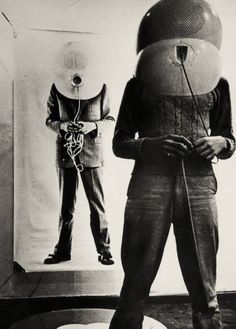What surprises me most about the new abnormal isn’t that surveillance has entered our lives but that we’ve invited it in.
For a coupon code or a “friend,” we’re willing to surrender privacy to a corporate state that wants to engage us, know us, follow us, all to better commodify us. In fact, we feel sort of left out if no one is watching.
It may be that in a scary world we want a brother looking after us even if it’s Big Brother, so we’ve entered into an era of likes and leaks, one that will only grow more profoundly challenging when the Internet of Things becomes the thing.
In a wonderful New York Times essay, William Gibson considers privacy, history and encryption, those thorny, interrelated topics. An excerpt:
I have ideas about history, more than I have about privacy, and it is here that my confusion deepens exponentially. I believe that our ability to create history, to transcend generations via our extraordinary prosthetic equivalents of memory, is the most remarkable thing about us. Unless we’ve forgotten something, lost it to history, we’ve yet to encounter another species capable of the same thing. Should the F.B.I. or other agencies be able to unlock the iPhones of terrorists? To be able to do so makes them able to unlock yours or mine. Should I be able to encrypt documents in such a way that the F.B.I. can’t decrypt them? If I can, terrorists can as well. (Not that I necessarily accept terrorism as the ultimate fulcrum in such arguments, but it’s become the one most often employed.)
In the short term, the span of a lifetime, many of us would argue for privacy, and therefore against transparency. But history, the long term, is transparency; it is the absence of secrets. So we are quite merciless, as historians, when it comes to the secrets of the past, the secrets of the dead. We come to know them with an intimacy impossible in their day. It would be unthinkable for us to turn away from their secrets, to allow the Iceman his privacy or to not scan beneath the bitumen to recover an Egyptian priestess’s tattoos.
And here, to complete my tangle of confusion, is encryption, no doubt aggravated by my inability to understand the concept mathematically. I assume (perhaps incorrectly) that the future is all too liable to have its way with today’s most sophisticated encryption technology. I imagine that the world’s best-kept secrets — those of both private citizens and state institutions — will one day sit in plain sight on whatever it is that our descendants display data on.
Privy to that information while looking back at us, our ancestors will know us differently than we currently know ourselves, just as we now know the Victorians quite differently from how they knew themselves.•
Tags: William Gibson

